Have you ever stopped to think about what's lurking in your household cleaning products? (Spoiler alert: it's not just dirt and grime!) Many conventional cleaners contain a cocktail of chemicals that can be harmful to both your health and the environment. Let's take a closer look at some of these dirty secrets.
What's the Deal with Phthalates?
Phthalates are a group of chemicals commonly found in fragranced products like air fresheners and dish soap. These sneaky substances have been linked to hormone disruption, reproductive issues, and even asthma. (Who knew your clean house could be causing so much harm?)
Ammonia: Not Just for Windowlene
Ammonia is a staple in many glass cleaners, but it can also be found in other household products. This powerful chemical can irritate your skin, eyes, and respiratory system. (Who needs enemies when you have ammonia lurking in your cleaning cabinet?)
Chlorine Bleach: More Than Just a Whitener
Chlorine bleach is a popular choice for whitening clothes and disinfecting surfaces, but it comes with a dark side. This harsh chemical can release toxic fumes that can irritate your lungs and even lead to respiratory issues. (Who knew that bleach could be so...bleak?)
Triclosan: The Antibacterial Villain
Triclosan is a common ingredient in antibacterial soaps and detergents, but it's not as clean as it seems. This chemical has been linked to hormone disruption and antibiotic resistance. (Looks like triclosan isn't so squeaky clean after all!)
Conventional household cleaning products can pose various health risks due to the presence of harmful chemicals. Studies have shown that these products often emit volatile organic compounds (VOCs) which can cause a range of health issues. For instance, exposure to VOCs is linked to respiratory problems, headaches, and eye and throat irritation. Long-term exposure can even increase the risk of developing asthma, chronic obstructive pulmonary disease, and lung cancer. (https://www.ewg.org/news-insights/news-release/2023/09/cleaning-products-emit-hundreds-hazardous-chemicals-new-study) (https://scitechdaily.com/scientists-warn-common-household-cleaning-products-emit-hundreds-of-hazardous-chemicals/).
Additionally, conventional cleaning products can release carcinogenic chemicals, which are substances capable of causing cancer. This is a significant concern as these chemicals can be found in both traditional and some "green" products, although the latter generally emit fewer harmful substances. (https://publichealth.berkeley.edu/news-media/research-highlights/carcinogenic-chemicals-associated-with-both-traditional-and-green-cleaning-products). The American Lung Association also notes that cleaning products can contribute to chronic respiratory issues and allergic reactions, further emphasizing the need for caution when using these products. (https://www.lung.org/clean-air/indoor-air/indoor-air-pollutants/cleaning-supplies-household-chem).
So, what's a clean-conscious individual to do?
Don't worry, we've got you covered! Consider switching to natural cleaning products or making your own DIY cleaners using simple ingredients like vinegar, baking soda, and essential oils. Your health and the environment will thank you! (And your house will still sparkle, minus the harmful chemicals.) Make sure to attend our free online class and get your goodies on our site.
For more detailed information, you can refer to articles from
* The Environmental Working Group (https://www.ewg.org/research/cleaning-products-emit-hundreds-hazardous-chemicals),
* The American Lung Association (https://www.lung.org/clean-air/at-home/indoor-air-pollutants/cleaning-supplies-household-chem),
* SciTech Daily (https://scitechdaily.com/scientists-warn-common-household-cleaning-products-emit-hundreds-of-hazardous-chemicals/), and
* The UC Berkeley School of Public Health (https://publichealth.berkeley.edu/news-media/potentially-carcinogenic-chemicals-more-associated-with-conventional-cleaning-products-but-also-with-some-green-products/).


